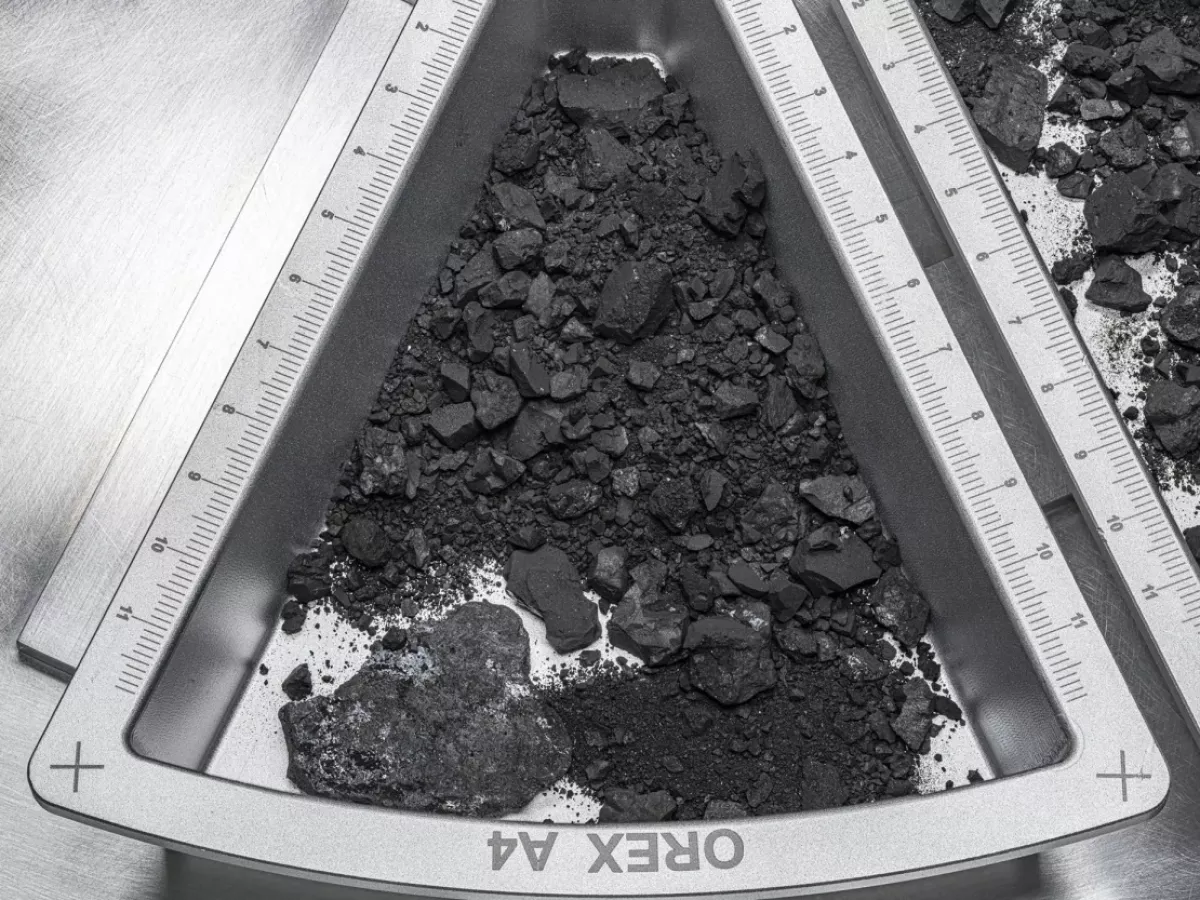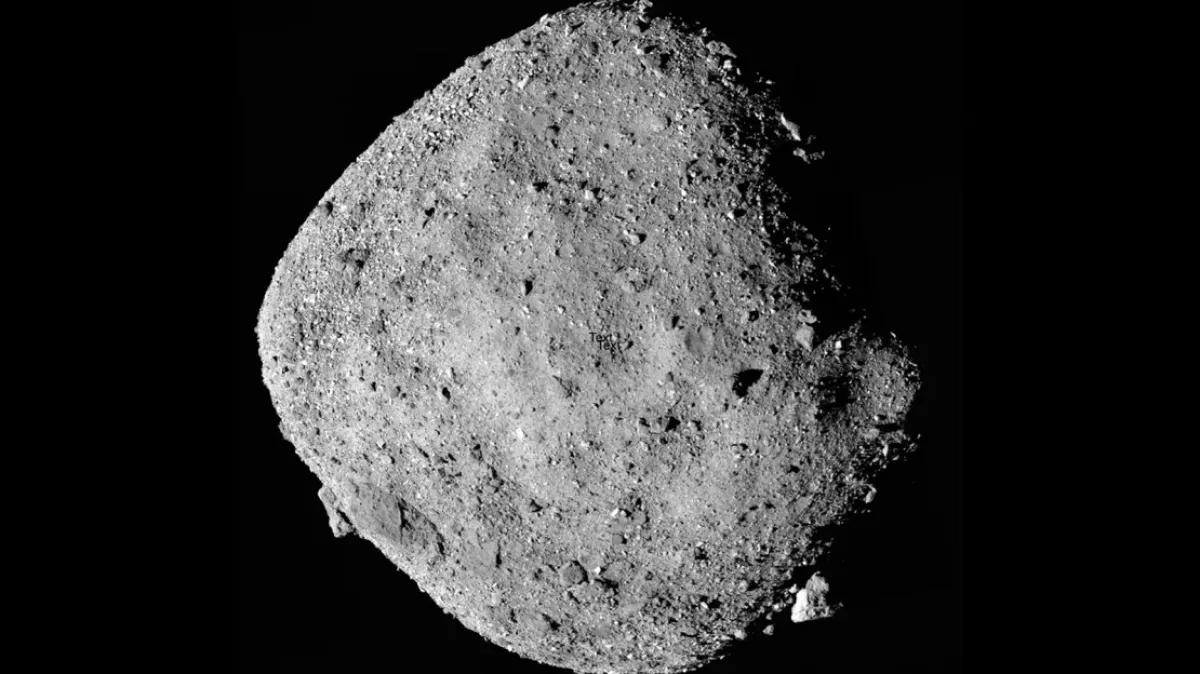Asteroid Bennu: Future global danger that could drastically alter Earth’s climate
In a study that feels almost pulled from the pages of science fiction, researchers have turned their focus on the near-Earth asteroid Bennu, which could one day change the course of life on Earth. While this celestial body is much smaller than the asteroid that famously ended the reign of the dinosaurs, its potential to wreak havoc remains undeniably significant.
New findings suggest that a collision with Bennu, though unlikely in the near future, could spark a global "impact winter" — a climate catastrophe that would disrupt ecosystems and food production across the planet.
Bennu, which has a 1 in 2,700 chance of striking Earth in September 2182, is about 500 meters in diameter, significantly smaller than the asteroid that wiped out the dinosaurs, which was estimated to be about 10 kilometres in size. Despite its smaller size, Bennu’s potential collision could cause considerable damage, triggering widespread environmental changes. The researchers used climate models and the Aleph supercomputer to simulate the aftermath of an impact, focusing on the global effects of 100 to 400 million tons of debris being injected into Earth’s atmosphere.

One of the most concerning outcomes of a Bennu impact would be a dramatic cooling of the planet. The study suggests that dust and other particles released into the atmosphere could block sunlight, causing global temperatures to drop by up to 4°C. This cooling, combined with a significant reduction in rainfall, could create a period of cold temperatures, reduced sunlight, and decreased precipitation, which could last for years. This scenario, referred to as an "impact winter," would disrupt food production by reducing photosynthesis in both terrestrial and marine ecosystems, possibly leading to a 20-30% decrease in global food production.
The study also explored the potential regional impacts of an asteroid strike. While the global effects would be devastating, certain regions could experience even more severe consequences depending on where the strike occurs. If Bennu were to hit the ocean, for example, the impact would trigger massive tsunamis and launch large amounts of water vapor into the atmosphere. This could deplete the ozone layer and cause long-lasting disruptions to the planet’s climate. The researchers found that, under the most intense scenario, the effects of the collision could last for more than four years.
An interesting and somewhat unexpected finding from the study was the response of marine plankton to the impact. Researchers had anticipated a rapid decline in plankton populations, followed by a slow recovery. However, the study found that ocean plankton would likely recover within six months and possibly even thrive afterwards, particularly in areas where the asteroid’s dust would provide iron, a key nutrient for algae. This could lead to unprecedented algae blooms that might offer a temporary solution to the food shortage caused by the impact, though these blooms could have negative effects on ecosystem diversity, as certain types of algae may dominate over others.

This unexpected response from marine life is similar to past events in Earth’s history, such as the super-eruption of Mount Toba 74,000 years ago, which also caused a dramatic cooling of the planet. However, the study emphasizes that the consequences of smaller asteroid impacts, like Bennu, are far more likely and still pose significant risks. Researchers believe that such impacts may have occurred throughout Earth’s history, affecting both the climate and the evolution of life on the planet.
Looking ahead, the researchers plan to study how early humans might have been impacted by asteroid strikes, including their ability to adapt and search for food during such events. Dr. Lan Dai, lead author of the study, notes the inevitability of asteroid impacts, highlighting that while the massive impact that killed the dinosaurs was rare, smaller impacts like the one from Bennu are more likely and could have similarly devastating effects on the Earth’s climate and ecosystems.
The study of Bennu’s potential impact underscores the need for more research into the long-term effects of asteroid collisions and the development of strategies to mitigate the risks posed by these space rocks. It’s a reminder that, although large impacts are less frequent, smaller asteroid collisions remain a real threat to Earth’s environment and could have lasting effects on life as we know it.
By Tamilla Hasanova








